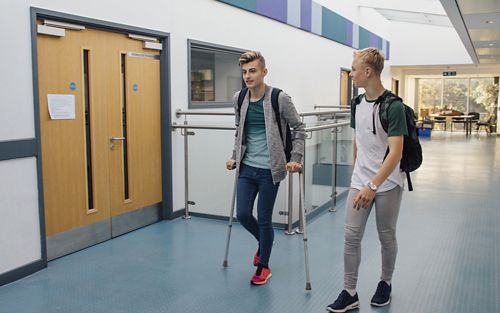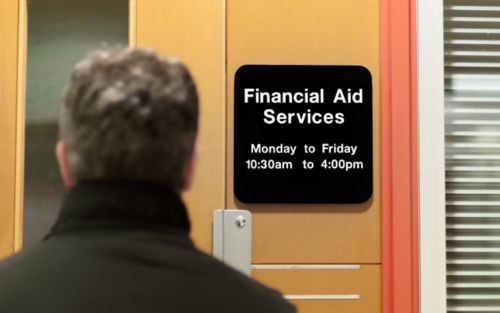Cancer treatment and side effects will likely disrupt your regular school schedule. Find resources to help you make the most of your education.
Cancer treatment and side effects will likely disrupt your regular school schedule. Find resources to help you make the most of your education.

College and trade schools can help you when you need accommodations for cancer-related problems. Learn about services and how to get them.

Teenagers with cancer have it hard. Then add in the stresses of high school. Learn how Ellie, a leukemia patient, made the transition.

Financial aid and college scholarships are available for cancer patients and survivors, as well as people with disabilities. Find scholarship information.

Cancer patients may qualify for accommodations on ACT and SAT tests. Read more about accommodations and what you need to do to arrange them.

After finishing cancer treatment, some children and teens may face extra challenges in school that are related to their diagnosis and/or treatment.